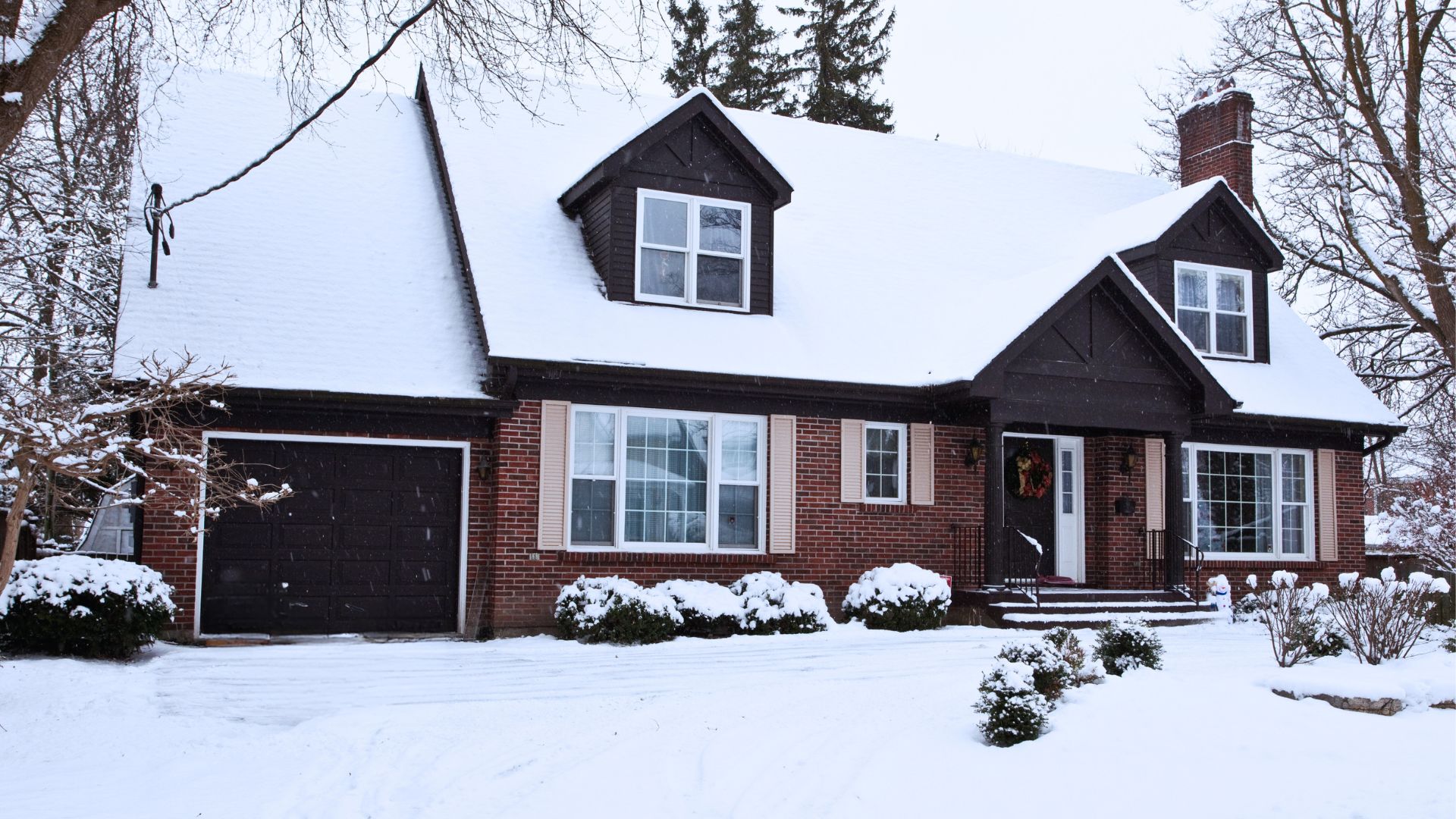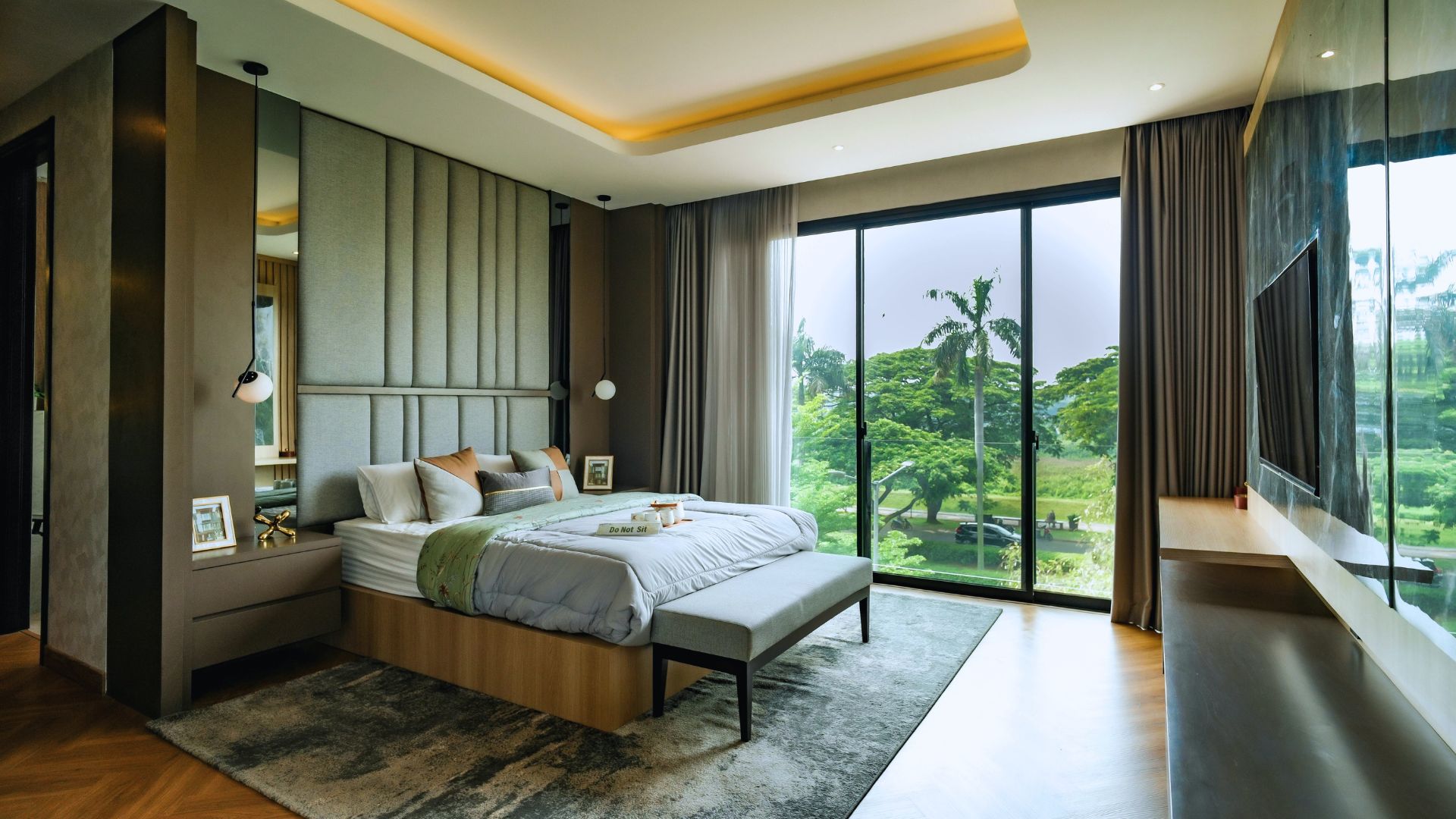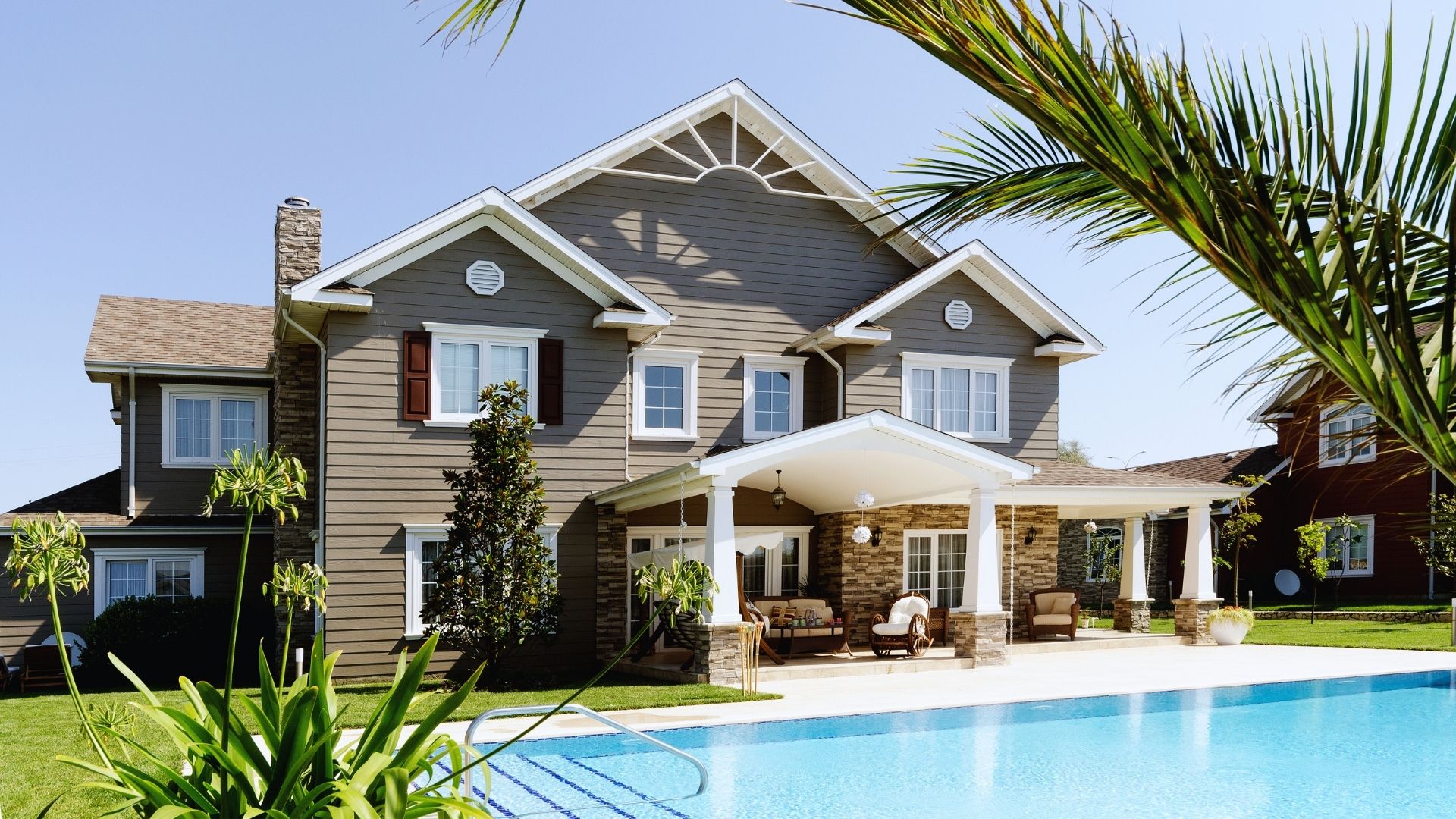The decision between building a home vs buying one can be difficult, and it has numerous implications. If you are struggling to make this decision, this guide is for you! We will go through the pros and cons of each option in terms of cost, customization, and your timeline. Hopefully, this information will help you make a choice that is right for you.
Cost Comparison
Affordability is one of the most important factors when deciding on building vs buying a home, but this is not always straightforward. Whether you build a home or buy one, costs can be unpredictable, and there are always unexpected expenses.
Buying an existing home is often cheaper upfront, and you will know most of the costs before you sign a purchase contract. That said, hidden costs such as repairs and renovations can arise as not everything is caught during a home inspection.
On the other hand, if you decide on building a home vs buying, custom upgrades can add up quickly. Should you buy vacant land to build a home, you need to factor in the cost of the land, installation of water and sewage lines, permits, surveys, and landscaping. Property taxes may also be an unknown until you have an assessment, which can only happen after you have committed to the build.
Price Flexibility
If you choose to build a home vs buying one, you will have more flexibility in the price of fixtures and finishes, but you will be constrained by architect and contractor fees. You may need to be prepared to compromise to bring your project in on budget.
Buying vs. building a home gives you less flexibility, and it can be stressful if you get caught in a bidding war. This is particularly problematic in markets where there is less housing availability. If you opt to buy, you may have your heart set on a particular neighborhood, only to have to start your search all over if you are priced out of the area.
Customization
Buying vs building a home may come down to the customizations you want. Although you can always renovate an existing home, not all renovations are cost-effective, and you could be constrained by the home’s layout, the lot, and permitting requirements.
In contrast, building a new home gives you full control over the layout, materials, finishes, outdoor features, and outbuildings. With a new build, you can start from the ground up to include all the energy efficiency features you want, including state-of-the-art technology features and green elements such as solar panels on the roof or an on-property windmill.
Time and Convenience
Buying an existing home allows you to move in faster, whereas a new build can take years, depending on the builder and supply chain delays. Buying vs building also avoids delays such as weather issues, permitting problems, and worker shortages. In addition, a new build always entails selecting materials and finishes, which tends to take longer than planned, especially when your desired options are out of stock or when your design choices change.
If your timeline is tight, or you need to move at a specific time of the year (ex, school holidays), buying a home is the better option.
Maintenance and Repairs
Newer homes usually require fewer repairs and less maintenance. Opting for buying vs building a home can mean additional, unexpected costs early in the homeownership journey. In addition, new homes usually come with builder warranties that take care of most potential problems.
Location and Land Availability
For some homeowners, location is of paramount importance. If you want to live in a particular neighborhood or school district, buying vs building a home is probably more appropriate. That said, building a home in an existing neighborhood could be feasible if there is a lot available or an existing home that you can tear down. If you do find a property that meets these specifications, you may be constrained in the type and size of house you can build, so be sure to discuss this with your real estate agent.
If you have non-negotiable size and design considerations, building a home vs buying one could be your only option. Consider your priorities carefully before you make a commitment, and talk to your real estate agent, architect, and designer about where you can compromise in your new build to identify solutions that could work for everyone.
Financing Considerations
Buying a home vs building one can make it easier to get a traditional mortgage with lower interest rates. Building often requires construction loans, which can have higher interest rates and more requirements. Buying also allows you to build equity/wealth immediately, whereas building a home only gives you equity in the land, and only if you pay for that land in cash.
Building vs Buying a Home
Ultimately, the choice of building versus buying a home depends on your budget, your timeline, your preferences, and your financial goals. If you buy from an established builder, you could have the best of both worlds: more predictability as to your move-in date, easier financing, and some customization options.
Having trouble making a decision about building vs buying a home? Consult with one of the experienced real estate agents at REMAX. REMAX professionals have intimate knowledge of their regions, with insights into construction costs, permitting, and resale values, as well as deeply sourced contacts in the construction and home improvement industries. Tap into their expertise for the best guidance!






